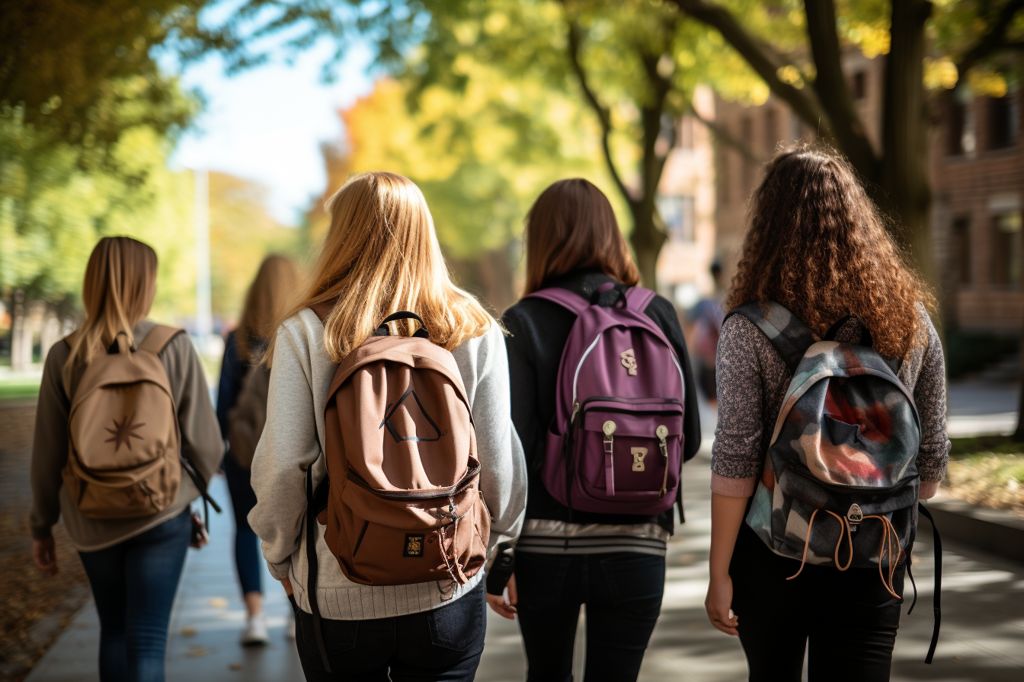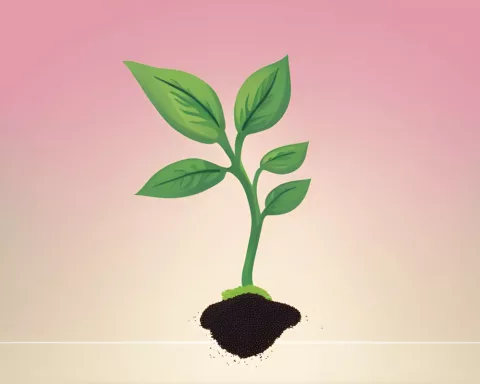As Women’s Month is celebrated in South Africa in August, universities in the Western Cape have joined forces to prioritize women’s safety on campus. This initiative was prompted by a research report released by the South African Medical Research Council (SAMRC), revealing that female students face a heightened risk of sexual victimization. The study found that one in five women at public universities and technical colleges have experienced sexual assault.
Study Highlights Lack of Sexual Violence Data in Universities
Dr. Mercilene Machisa, a specialist scientist in the gender and health research unit, shared the study’s findings with IOL. The DHET directed SAMRC to investigate sexual violence among university students in 2018, during a spike in gender-based violence (GBV) incidents. The aim was to assess the scale of the problem, and the research found that data on sexual violence in universities, particularly historically black ones, was scarce or non-existent. The study also found a high prevalence of mental health problems resulting from sexual violence, some originating in childhood.
Students Feel Safe on Campus Despite Alarming Findings
Despite these alarming findings, some students feel safe on campus. Sinovuyo Mkula, a final-year student at the University of the Western Cape, credits this sense of security to the campus protection services and security personnel present at practical course locations.
Universities Take Action to Address Sexual Violence Risk
To address the potential for incidents on campus, Cape Peninsula University of Technology (CPUT) spokesperson Lauren Kansley reported the distribution of an emergency response guide to staff and students. The guide aims to educate the university community on how to respond to attacks effectively. CPUT’s Gender-Based Violence Task Team collaborates with stakeholders such as the National Prosecuting Authority and GBV-specific NGOs to continually improve and update response strategies.
Access to Support Services
CPUT students have access to various support services, including Campus Protection Services, Campus Health, and Student Counselling. If required, they can also turn to local health and counseling services for assistance. The university’s holistic response to incidents involves various departments like legal services, student affairs, student counseling, and the HIV/Aids unit. Kansley emphasizes that the welfare of all students remains their top priority, and they are committed to creating safe learning environments within their campus communities.
This Women’s Month, Western Cape universities have affirmed their commitment to create safe and supportive environments for female students. By acknowledging the issue of sexual violence on campus and taking concrete steps to address it, these institutions are paving the way for a brighter future, free from gender-based violence.












